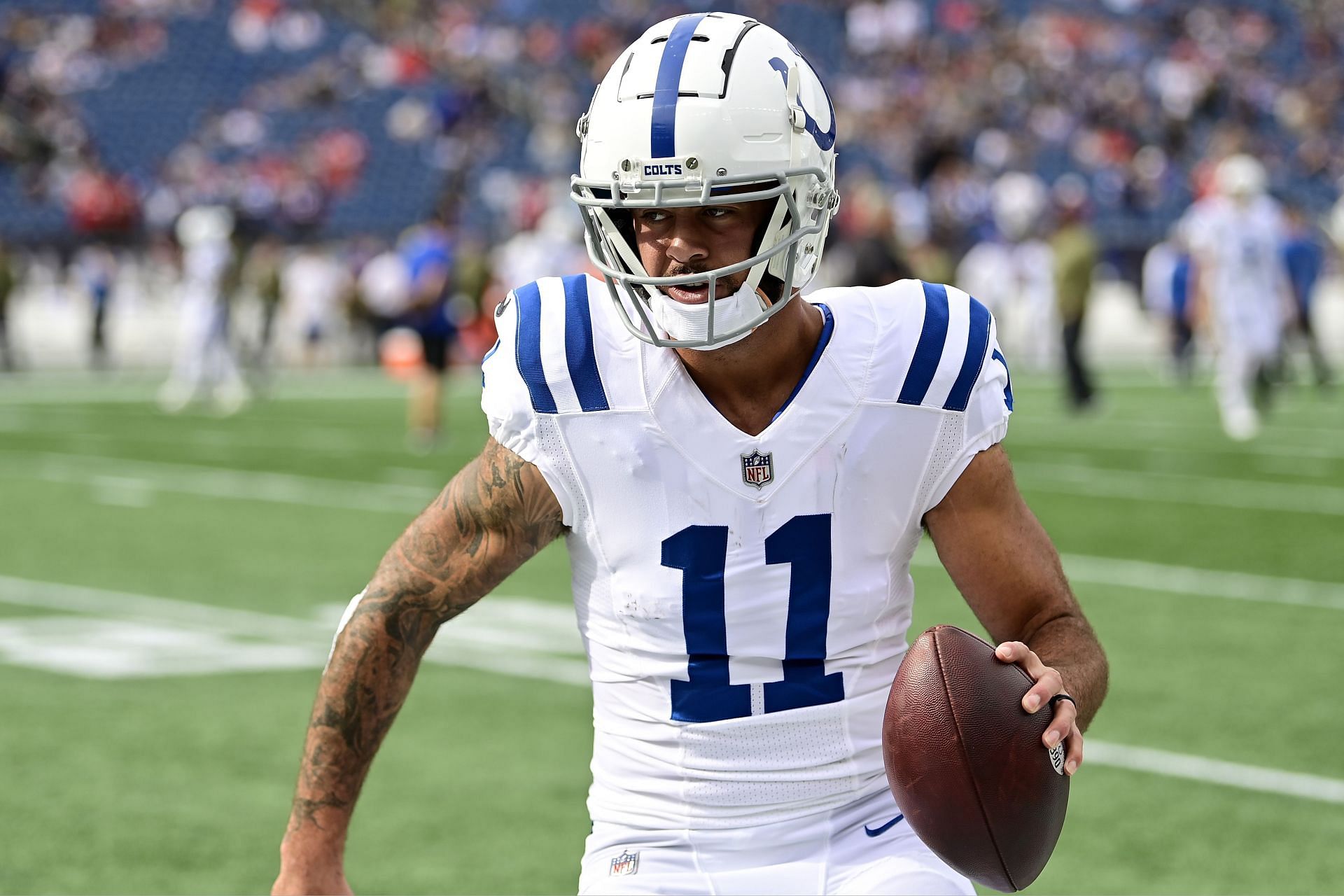
What is the forward progress rule in football?
A controversial moment during the Minnesota Vikings' game against the Indianapolis Colts involving forward progress took center stage in the second quarter.
After catching a pass from quarterback Matt Ryan, Colts wide receiver Michael Pittman Jr. was tackled by cornerback Chandon Sullivan, but he refused to go down as he tried to break free from the defender's clutches.
However, Sullivan managed to strip the ball, recover it, and return it for a touchdown. As the Vikings' defense celebrated the touchdown, the referees ruled that the whistle was blown before the fumble as Pittman's forward progress stalled. Watch the entire sequence below:
The Vikings' defense was miffed by the call and the commentators also expressed their bemusement. However, the play could not be reviewed as it was whistled dead, meaning the Colts retained possession and their drive continued.
Forward progress in the NFL: How the league defines it
Per the NFL's glossary of football terms, forward progress is defined as:
"The point on the field where the forward momentum of a player who is in possession of the football is stopped by a defender or by going out of bounds. A player is awarded the most forward spot the runner reached when the ball is declared dead even if he is pushed backward."
If the officiating crew feels that the ball carrier's forward progress has stalled, they whistle the play dead, even if the player hasn't gone out of bounds or been tackled to the ground.
Can you get forward progress on a fumble?
There are two parts to this answer. If the ball carrier fumbles the ball forward and the offense recovers it, the play is whistled dead and the ball is placed at the spot of the fumble. However, if the ball is fumbled behind the ball carrier, the offense can pick it up and progress it beyond the point where it was fumbled. A good example of this is Tyreek Hill's touchdown against the Los Angeles Chargers on Sunday Night Football.
After running back Jeff Wilson fumbled the ball, Hill picked it up and took it 57 yards for a touchdown. Had the ball traveled ahead, the play would have been whistled dead if Hill had recovered the football. But since it traveled backwards, Hill was able to pick it up and progress it.
